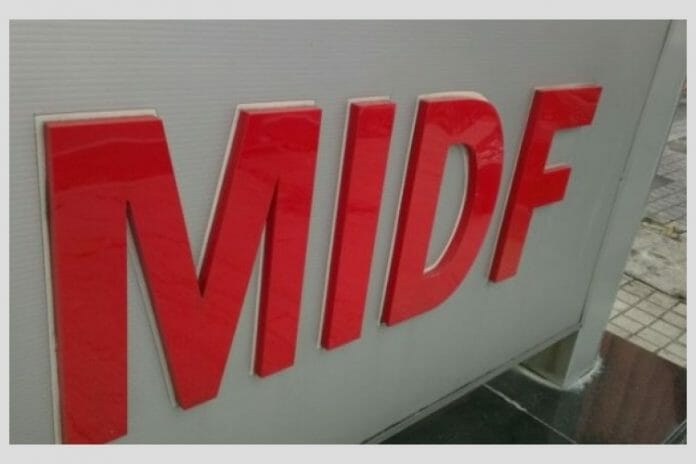It was announced this week that Tesla has been given the approval to import battery electric vehicles (BEV) into Malaysia. Tesla will be setting up a head office in Malaysia, as well as a network of Tesla superchargers, Tesla Experience Centers, and Service Centers. At this juncture, it looks like Tesla will only be importing CBUs (completely built-up units) into Malaysia. In addition, the approval also involves various conditions such as establishing sales and service centers, installation of ultra-fast charging networks, knowledge transfer, cooperation with higher learning institutions, and involvement of local companies in the development of an EV charging ecosystem.
The conditions fall short of setting up a local vehicle assembly capacity, except that this, along with various downstream activities is to be discussed with MIDA by the end of Year 2 of the approval. There is also no local shareholding
requirement. It looks like the first two years will be focused mainly on market testing and EV charging network development before Tesla comes to a decision on its regional manufacturing hub of choice, which Indonesia and Thailand have also been vying for. Tesla recently established Tesla Thailand (for distribution) as part of its expansion in ASEAN with the first supercharger station launched 2 days ago.
According to research house MIDF, the lack of BEVs that are within reach of the Malaysian masses hinders a more aggressive adoption rate. In 2022, a total of 2,631 units of EVs were reported to be sold in Malaysia according to MAA. While this is a massive 860%yoy growth it represents just 0.4% TIV penetration. Nevertheless, this is a good start, underpinned by generous Government incentives, particularly the current excise and import duty exemptions for BEVs, which have been extended till 2025 for CBUs and 2027 for CKDs. To graduate to large-scale local assembly, however, MIDF thinks it is critical to achieving the required volumes to justify investments into new production lines or plants. Bases on recent and past meetings with UMW Holdings, Bermaz Auto, and Inokom all echo the same sentiment – current BEV volumes simply do not justify investments into local assembly yet, mainly due to high battery costs inflating the price of BEVs.
MIDF believes growth in BEV adoption could eventually allow opportunities for a rollback of sizeable fuel subsidies, provided the BEVs themselves are within the financial reach of the masses. Currently however, BEVs largely cater to the T20 market and therefore rolling back blanket fuel subsidies could hurt the B40 and lower M40 group without many options for them to make the transition to BEVs, in our opinion.
Th house is keeping a POSIITVE stance on autos. The latest development is a positive initial step in growing the local EV ecosystem, albeit positioned within a niche market. The bullish stance on the broader auto sector is premised on: A more favourable forex outlook, Strong 5-9 months order backlog of key players under coverage, Re-acceleration of new launches following delays in the past year, Broadly, a more favourable macro environment – easing inflation and improved labor market to drive domestic consumption, (5) Players are sitting on large net cash piles, underpinning attractive dividends and M&A potential. Our top picks are UMW (BUY, TP: RM5.28), BAuto (BUY, TP: RM2.67) and MBMR (BUY, TP: RM4.70).









